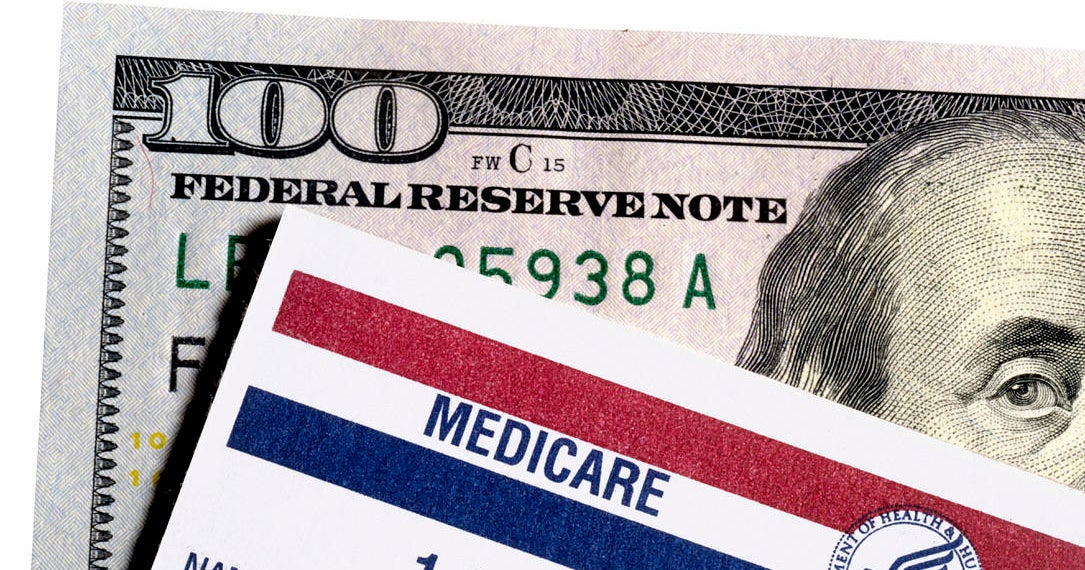In a significant development, Medicare has announced its intention to negotiate prices for 10 drugs as part of its mission to reduce prescription costs for elderly Americans, in compliance with the Inflation Reduction Act. The initial round of negotiations will include medications for diabetes, such as Jardiance, as well as insulin options like NovoLog FlexPen. The move comes in response to the growing problem of seniors skipping doses due to the high cost of their prescriptions, affecting one in every five elderly individuals. Although the negotiations are expected to alleviate the financial burden for Medicare enrollees, the initiative is facing legal challenges from pharmaceutical companies and criticism from Republican lawmakers.
AARP, the advocacy group for older Americans, hails these negotiations as a monumental step forward. Nancy LeaMond, the executive vice president of AARP, emphasizes that seniors often ration or skip their medication due to affordability concerns, making it essential to address this issue. Allowing Medicare to negotiate prices for the initial 10 drugs will finally provide much-needed relief and accessibility for older adults and American families in general.
Mariana Socal, an associate scientist at Johns Hopkins University, believes that this change is ground-breaking for Medicare enrollees. For the first time, they will have transparency regarding the actual costs of the drugs they use. Socal highlights that this lack of knowledge extends beyond Medicare enrollees and encompasses all individuals in the United States.
The 10 drugs selected for negotiation were chosen based on their significant impact on Medicare’s budget. These drugs, which include blood thinners, insulin, and treatments for common conditions like heart disease and diabetes, represent a substantial proportion of Medicare’s prescription drug costs. In addition to considering cost, the drugs were selected based on factors such as their inclusion in Medicare’s primary coverage plan (Part D) and the absence of competition in the market.
The Biden administration estimates that seniors spent $3.4 billion in out-of-pocket costs for these medications in 2022 alone. By implementing the negotiated prices and other pricing mechanisms authorized by the Inflation Reduction Act, Medicare could potentially save up to $160 billion in drug spending. President Joe Biden highlights the positive impact of these negotiations on up to 9 million seniors, who will benefit from reduced drug prices.
The agreed-upon negotiated prices will be published by September 1, 2024. However, their implementation is scheduled for January 1, 2026. Medicare also plans to negotiate prices for additional drugs in the coming years, with the aim of expanding access to affordable medications.
Despite its potential benefits, the Medicare drug price negotiation program faces legal challenges from multiple pharmaceutical companies and the Pharmaceutical Research and Manufacturers of America (PhRMA). Although the Biden administration argues that Medicare has the constitutional authority to negotiate drug prices, the lawsuits may pose a significant obstacle. Legal experts predict that conflicting rulings across various courts could expedite the process and potentially escalate the matter to the Supreme Court.
The impact of these negotiations extends beyond Medicare beneficiaries. Mariana Socal suggests that greater drug pricing transparency could prompt non-Medicare patients to question and challenge the high costs they face. This development may lead to a broader movement demanding more affordable medications for all Americans.
In conclusion, Medicare’s decision to negotiate drug prices for 10 medications represents a significant step towards reducing prescription costs for older Americans. By enhancing transparency and affordability, this initiative has the potential to benefit millions of seniors and may spur broader discussions about drug pricing in the United States.
Source: CBS News
Denial of responsibility! VigourTimes is an automatic aggregator of Global media. In each content, the hyperlink to the primary source is specified. All trademarks belong to their rightful owners, and all materials to their authors. For any complaint, please reach us at – [email protected]. We will take necessary action within 24 hours.


